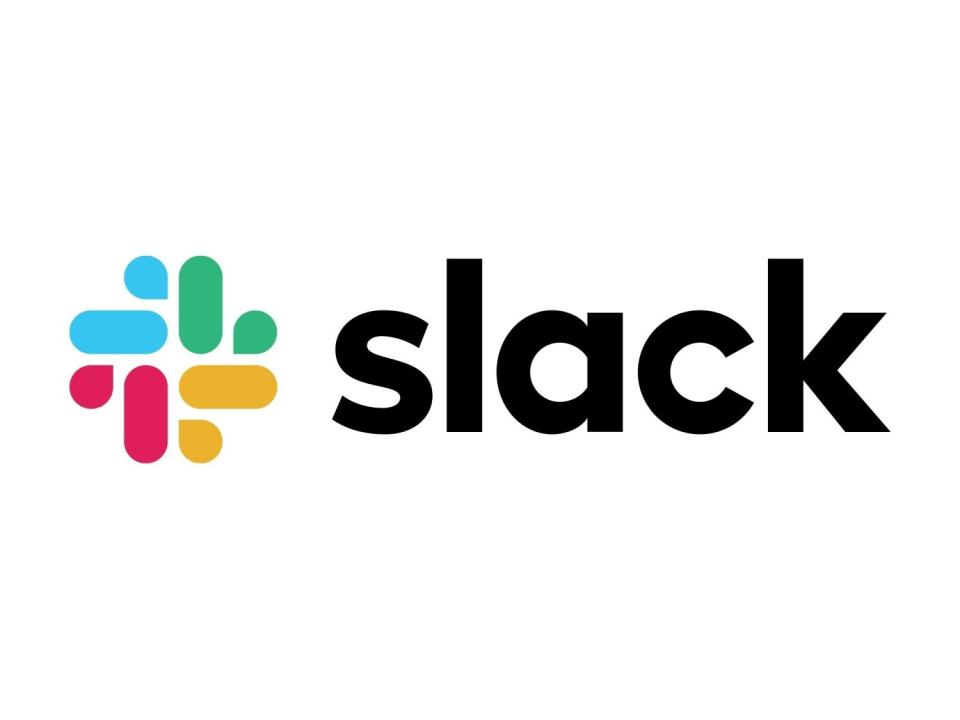Slack's S1 highlights: A $28B market ripe for the taking
If you have a job and use email, Slack sees you as a potential customer in an estimated $28 billion marketplace.
That sum was one of several bold statements made by the workplace collaboration application, which on Friday lifted the curtain on its finances ahead of a private stock placement on the New York Stock Exchange.
Slack is one of a pack of technology unicorns — private companies valued at over $1 billion — that are going public this year.
The messaging app has become de-rigueur in technology-intensive workplaces, especially those where employees are spread across different cities, states and timezones.
Slack boasts over 10 million daily active users in more than 150 countries and 600,000+ different organizations. In fact, it’s not uncommon for office workers who sit feet away from each other to ‘slack’ a message (the company’s formal name has morphed into a verb among power users), rather than speaking face to face.
And, according to Slack, therein lies the potential for growth.
“We believe everyone whose working life is mediated by email is a potential Slack user,” the company said in a filing.

“Indeed, because of the universal need for organizational agility and the impact to current and potential organizations on Slack of getting more out of their investment in software, we further believe that the shift to Slack, or services like Slack, is inevitable,” it added.
Broke unicorns
Like other unicorns, Slack’s regulatory filing revealed that it’s still not making any money, despite asking investors to take a leap of faith in its growth prospects. Since 2017, its revenue has surged from $105 million to an estimated $400 million.
Yet in each of those years, the company incurred net losses of at least $139 million, underscoring the challenge many initial public offering hopefuls face as they try to raise money in a volatile market.
Some of them—like Uber, which on Friday lowered its IPO expectations — have cautioned they may never become profitable. It raises the question of how long investors will tolerate high valuations at companies racking up vast losses.
For unprofitable companies going public, “the ultimate deciding factor will be whether these companies actually live up to expectations, which won’t be determined on the first trading day,” said UBS in a recent analysis of the booming IPO market for unicorns.
“As a result, we believe this year in IPOs is more likely to be a slow burn than a hot market,” the bank’s analysts added.
To be certain, Slack acknowledged that its business is subject to a litany of unknown factors that could diminish its attractiveness as a publicly-traded company. Among those are its “limited operating history” and “a history of net losses” that make it all but impossible to turn a profit.
Yet Slack stated in its filing that opportunities for disruption and growth are ripe — even if they’ve yet to prove how they’ll turn a profit in the near term.
“We estimate the market opportunity for Slack and other providers of workplace business technology software platforms for communication and collaboration to be $28 billion,” Slack’s said.
“As our market and the number of competitors in it is rapidly evolving, our estimates for the size of this market may not be reflective of the actual size of the market,” it added.
Among other things, Slack laid down the markers for how it intends to turn every workplace into a hub for app collaboration, including:
Expanding current users via “continuous enhancements”
Growing the number of organizations that use the app and boosting paid clients
Enabling Slack to be used across business networks.
Investing more in its business operations (which of course, aren’t yet turning a profit), and expanding internationally.
“We believe Slack is uniquely well positioned to maintain its advantages as the market for our new category grows,” the company wrote in its filing.
“The strength of our market leadership is demonstrated by the scale and growth of our users, the high level of engagement within our user base, our growth within organizations, the breadth of applications that integrate with Slack, and the size of our developer ecosystem,” it added.
“We believe we know more about how organizations use platforms like Slack than anyone else in the world and will put this knowledge to work faster,” Slack declared.
Read more:
Uber sets IPO pricing to maximum of $50 per share ahead of roadshow
Self-proclaimed Tesla bull says Q1 was one of the worst debacles he's seen in 20 years
Goldman Sachs: Trump has 'narrow' shot in 'close call' election bid
Follow Javier on Twitter: @TeflonGeek
